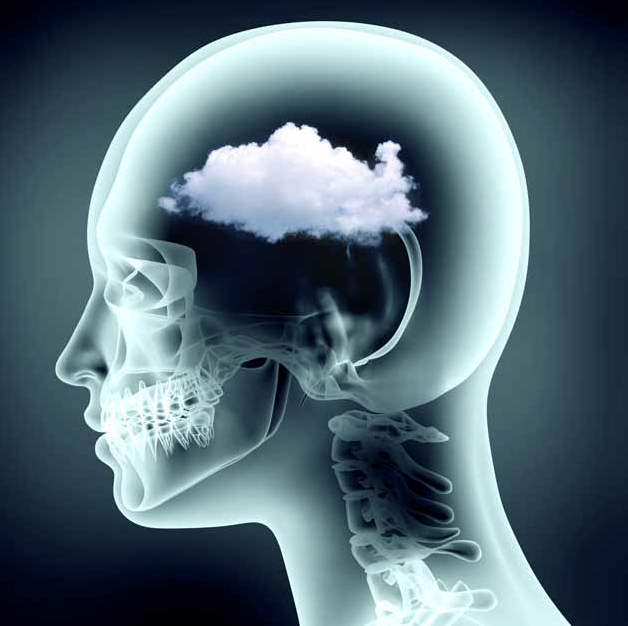Authors: Andrew E. Budson, MD, Contributor
As a cognitive behavioral neurologist, I’ve been hearing from many individuals who are complaining of “brain fog” after infection with COVID-19. So I thought it was worth discussing exactly what COVID-19 brain fog is, and some things to do that might help clear it.
There are many ways that COVID-19 can damage the brain. As I described in a previous blog post, some can be devastating, such as encephalitis, strokes, and lack of oxygen to the brain. But other effects may be more subtle, such as the persistent impairment in sustained attention noted by Chinese researchers.
In addition to direct effects on the brain, COVID-19 can also have long-term effects on other organ systems. So-called long haulers can have other lingering symptoms including fatigue, body aches, inability to exercise, headache, and difficulty sleeping. Some of these problems may be due to permanent damage to their lungs, heart, kidneys, or other organs. Damage to these organs — or even just the symptoms by themselves — can impair thinking and memory and cause brain fog. For example, how can you think clearly if you’re feeling fatigued and your body is aching? How can you concentrate if you were up half the night and awoke with a headache?
For More Information: https://www.health.harvard.edu/blog/what-is-covid-19-brain-fog-and-how-can-you-clear-it-2021030822076
